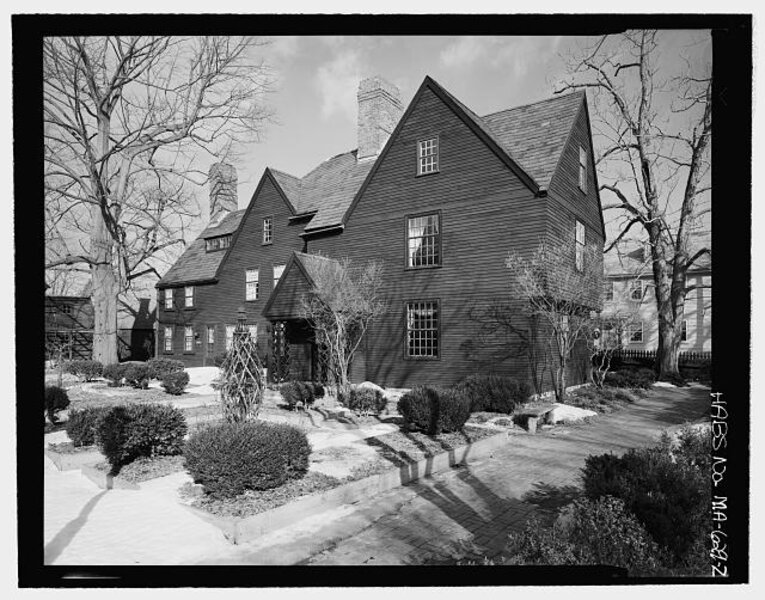40 minutes on Route 1 North will take you to another historic town, known for its spooky side. The town of Salem, although overrun with tourist attractions and ghost tours, nevertheless offers a strong literary history. Right in the center of town is the House of Seven Gables, a colonial mansion built in 1668 for Captain John Turner. When Turner lost his money, he sold it to the Ingersolls. Nathaniel Hawthorne was Susan Ingersoll's cousin and visited often. Although the house had only three gables when Hawthorne was there, he heard stories of it having seven gables, inspiring him to write his much acclaimed "House of Seven Gables" in 1851. The book explores the theme of guilt, an emotion felt by Hawthorne for his ancestors who participated in the Salem Witch Trials of 1692 and also lived in the house. While you are there, stop by the Peabody Essex Museum which houses an excellent collection of Asian art.
 Mark Sappenfield
Mark Sappenfield
Dear Reader,
About a year ago, I happened upon this statement about the Monitor in the Harvard Business Review – under the charming heading of “do things that don’t interest you”:
“Many things that end up” being meaningful, writes social scientist Joseph Grenny, “have come from conference workshops, articles, or online videos that began as a chore and ended with an insight. My work in Kenya, for example, was heavily influenced by a Christian Science Monitor article I had forced myself to read 10 years earlier. Sometimes, we call things ‘boring’ simply because they lie outside the box we are currently in.”
If you were to come up with a punchline to a joke about the Monitor, that would probably be it. We’re seen as being global, fair, insightful, and perhaps a bit too earnest. We’re the bran muffin of journalism.
But you know what? We change lives. And I’m going to argue that we change lives precisely because we force open that too-small box that most human beings think they live in.
The Monitor is a peculiar little publication that’s hard for the world to figure out. We’re run by a church, but we’re not only for church members and we’re not about converting people. We’re known as being fair even as the world becomes as polarized as at any time since the newspaper’s founding in 1908.
We have a mission beyond circulation, we want to bridge divides. We’re about kicking down the door of thought everywhere and saying, “You are bigger and more capable than you realize. And we can prove it.”
If you’re looking for bran muffin journalism, you can subscribe to the Monitor for $15. You’ll get the Monitor Weekly magazine, the Monitor Daily email, and unlimited access to CSMonitor.com.






